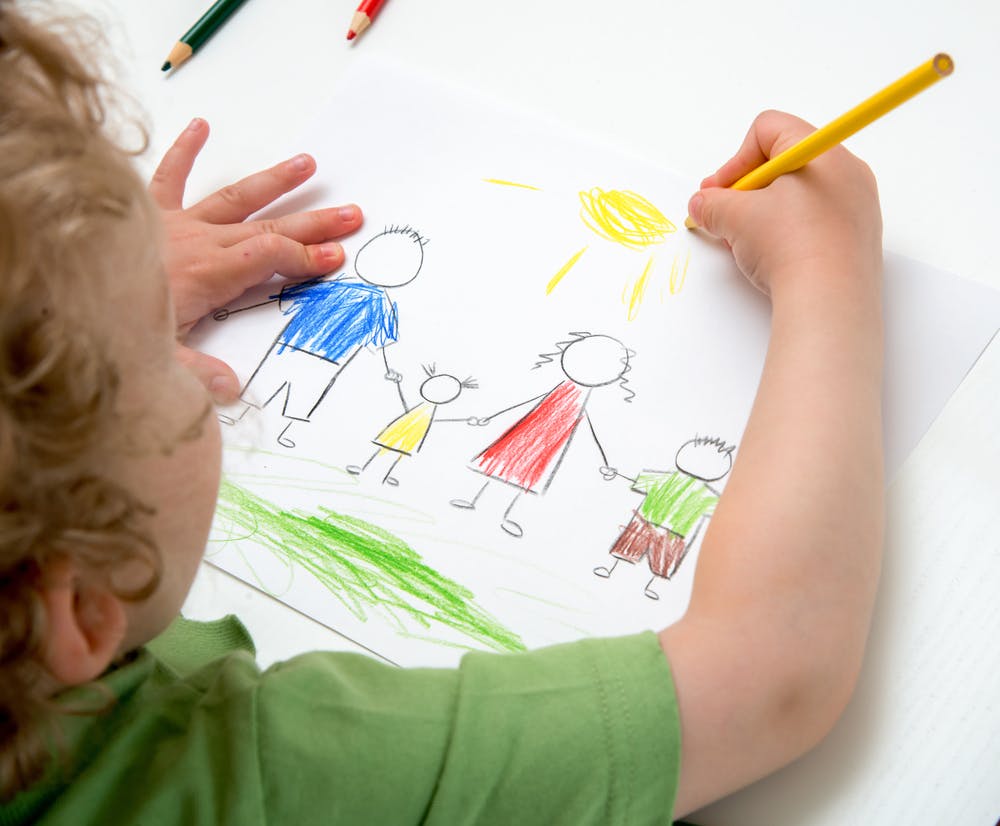
In this project, Dr. Christiana Iordanou examines whether drawing and dramatising (i.e. re-enacting) a past event allows children to recall more details about the event. In this project, Dr. Iordanou looks beyond the immediate effects of re-enacting and follows children's recall level after 6 months. The researchers also examined the content of children's drawing and how they compare with children's verbal reports. The findings have important implications for educators and governmental organisations.
Find more information about the Kent author here
About
This project investigated whether offering young children (3 – 6 year olds) the opportunity to draw or dramatize (re-enact) what happened in a past event while talking about it allows them to remember and report more details, after an immediate or more long-term delays (e.g. 6 months). It further looked at whether children’s temperament, language ability, and symbolic play skills interact with the above strategies to either facilitate or hinder children’s memories. The project also looked at the content of children’s drawings and how it compares to their verbal reports, as well as whether children can use their drawings on a later occasion as a guide to recall more details about the event in question.
The findings from this research have important implications for children’s memories, particularly the strategies that can facilitate their memory and how such strategies interact with children’s internal characteristics to facilitate or hinder recall.
Research Objectives
• To investigate whether drawing and dramatization facilitate children’s memories (of a witnessed event)
• To investigate whether children’s temperament, language ability, and symbolic play skills interact with drawing and dramatization to facilitate memory
• To explore if children verbally recall more details than they include in their drawings
• To examine whether children can use drawings they created previously, to enhance their memory of an event
Programme and Methodology
• Psychological testing (language ability and symbolic play skills)
• Presentation of a live event in children’s schools
• Repeated interviews with children in regard to their memory of the event
Findings
• Drawing while narrating what happened in a past event can enhance children’s memory, particularly about objects.
• Children tend to report more information verbally than they include in their drawings. However, drawings include fewer errors than verbal reports.
• Drawings per se may not help children recollect a past event, as children may use them to identify the depicted features rather than to link back to the event.
• Children that are more sociable tend recall more details when they are asked to draw or simply talk about an event than less sociable children
• More emotional and shy children may need time to feel safe and at ease in a new environment before they are able to verbally recall a past event than less emotional or shy children
• Children with higher language skills may recall more details verbally or when dramatization is involved than children with lower language skills
• Children with better symbolic play skills may recall more details when drawing and dramatization are involved, even after six months, than children with lower symbolic play skills. Overall, symbolic play skills may facilitate memory.
Impact
• This project offered new and important information on how strategies such as drawing and dramatization may interact with children’s personality and language and symbolic skills to facilitate memory
• The findings from this project give clear suggestions to parents, educators, and forensic stakeholders with respect to how to help children remember and report more details about an event. Specifically, taking into account that each child is unique and trying to combine different strategies with children’s own internal characteristics may facilitate their memory.
• In an era when children spend more time playing games on iPad, our findings suggest that engaging with symbolic play may have long-term positive effects on children’s memory.